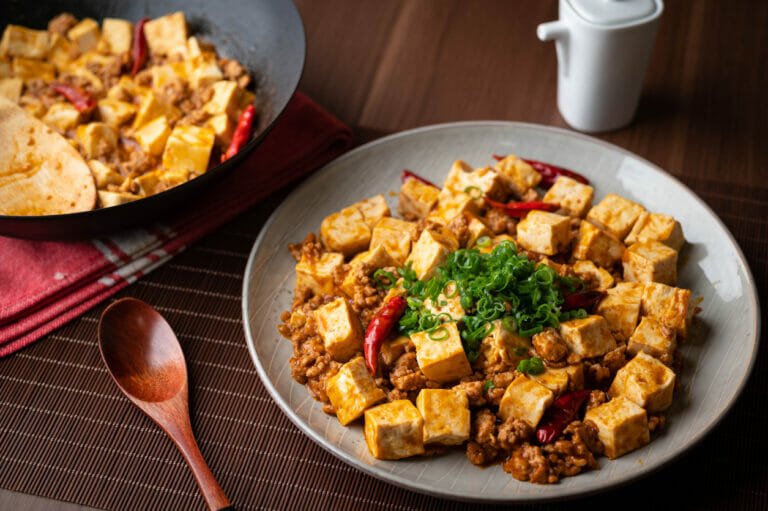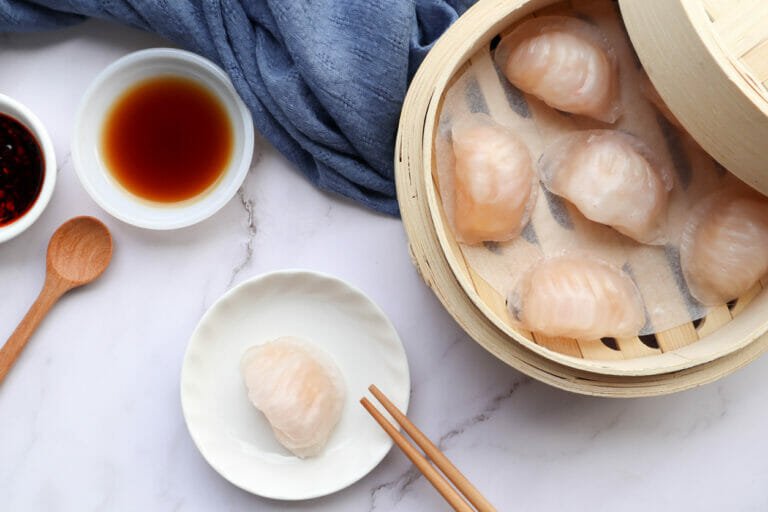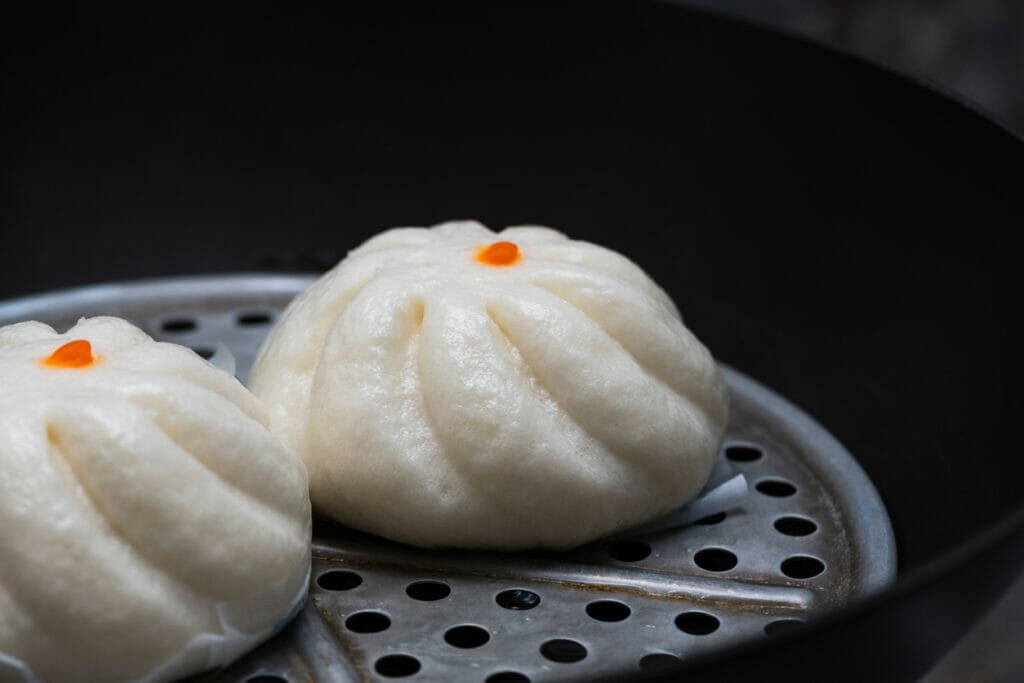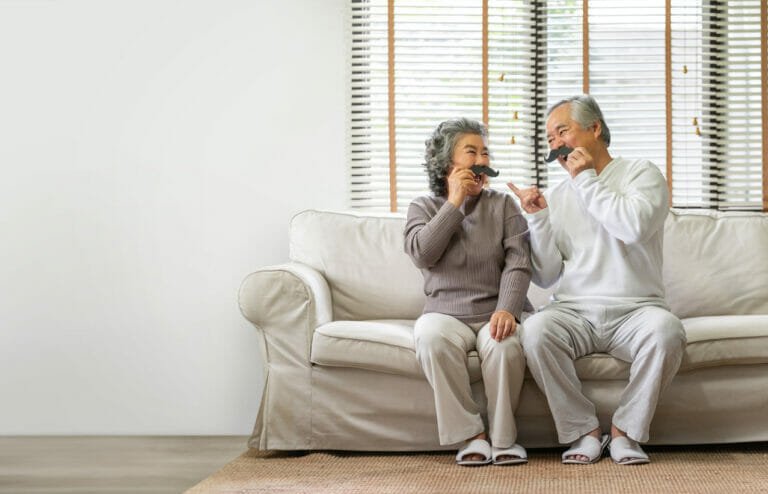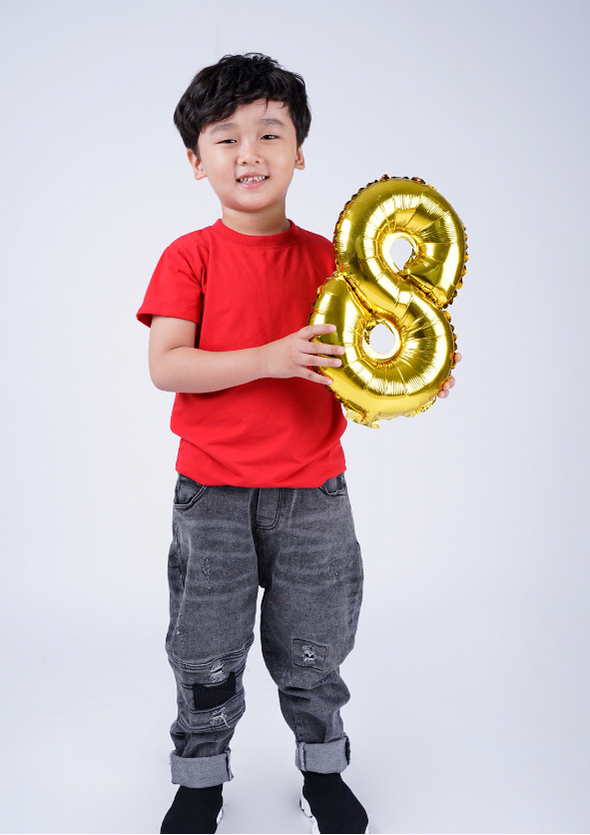You may find ordering meals in Chinese difficult when you go out with your Chinese friends or business partners because many restaurants in China do not have English menus. The lack of English translations of the menu items should be one of the reasons you want to learn Chinese phrases, and you might feel an urge to communicate better with the Chinese staff in your favourite Chinese restaurant.
Ordering food in Chinese restaurants is also a real cultural experience, and improved Chinese language skills will also increase the scope of Chinese restaurant options that you have.
Here are some Chinese words and useful phrases you can use next time you are ordering meals in China, to help you avoid a language barrier.
ORDERING
To place an order for food, you must first read through Chinese menus and then as a first step contact the waiter. When you try out some local restaurants in China, you can address the waiter by the title fú wù yuán 服务员 waiter. You can also say diǎn cài 点菜! (I would like to) order!
You can start ordering food by saying wǒ yào 我要 I want… + name of the food.
Another way to place an order is to say wǒ yào yí fèn +sth. 我要一份 I want one dish of sth.
Or you can say yǒu méi yǒu···?有没有···?Do you have …?
Here you might get the answer: yǒu 有 we have it or méiyǒu 没有 we do not have it.

WHAT TO ORDER
What is are your favourite Chinese foods? Here are different types of food names and popular dishes in Chinese cuisine:
jiǎozi 饺子 dumplings
miàn tiáo 面条 noodles
má pó dòu fu 麻婆豆腐 Stir-fried tofu in hot sauce
dàn chǎo fàn 蛋炒饭 egg-fried rice
zhōu 粥 congee
ɡōnɡ bǎo jī dīnɡ 宫保鸡丁 Chicken Kung Pao or chopped chicken and cashews
niú ròu miàn 牛肉面 beef noodles
běi jīng kǎo yā 北京烤鸭 Peking Duck
huǒ guō 火锅 hot pot
chūn juǎn 春卷 spring rolls
tāngmiàn 汤面 noodle soup
Typically more dishes are ordered than people eat, but this often leaves food spare. The Chinese custom is to order plenty of dishes to show generosity and hospitality. At the same time, it is not common among Chinese people to waste food. In fact, economizing and frugality are important parts of traditional Chinese culture. So it is not a surprise that it is popular to take the leftovers back home after eating out. You can say it like this if you want to take the leftover home: Wǒ yào dǎ bāo. 我要打包 I want to warp up the leftover.
Other common words and phrases with Chinese characters that you can use in the local Chinese restaurant, fancy restaurants in China, at the night markets, or when you are buying food through online ordering in China :
cài dān 菜单 menu
yì pán 一盘 a plate of….
píng 瓶 bottle
tīng 听 can
hú 壶 pot
bēi 杯 cup/glass
gān bēi 干杯 Cheers!
wàimài 外卖 take away
kuàng quán shuǐ 矿泉水 mineral water
kělè 可乐 Cola
chá 茶 tea
bīng shuǐ 冰水 ice water
xuě bì 雪碧 Sprite
tiándiǎn 甜点 dessert
qīng cài 青菜 vegetables
WHAT TASTE DO YOU WANT?
When you try out popular Chinese dishes, your favourite Chinese dishes or food delivery apps in China, you might also want to emphasize
if you want a spicy dish or not. Or you might want to stress what taste you prefer.
Wǒ búyào là. 我不要辣。 I don’t want it spicy.
Wǒ búyào tàixián. 我不要太咸。I don’t want it too salty.
wēi là 微辣 mild spice
zhōnɡ là 中辣 medium spice
tè là 特辣 extra spicy
duō yán 多盐 more salt
shǎo yán 少盐 less salt
shǎo yóu 少油 less oil
PAYING THE BILL
Now it’s time to pay the bill, and you want to continue using your Mandarin Chinese skills. Let your server know you’re ready by saying, fú wù yuán, mǎi dān 服务员,买单 Waiter, I want to pay the bill.
When you are asking about how much you have to pay you can say, yí gòng duō shǎo qián 一共多少钱? How much is it in total?
If you want to specify whether you want one bill or separate bills, can say yī qǐ fù 一起付 to pay together or fēn kāi fù 分开付 to pay separately
DO YOU WANT TO LEARN MORE MANDARIN CHINESE OR KNOW SOMEONE WHO WANTS TO?
If you want to learn Mandarin Chinese, feel free to REGISTER FOR A FREE TRIAL CLASS HERE or send me an email (Chen Huimin): huimin@laerkinesisk.no.
We offer private lessons and group classes at all levels, HSK 1-6, children, adults, business. All Mandarin Chinese classes are offered in classrooms or online.
Do you know anyone who wants to learn Chinese? We will give you 500 US dollars as a bonus as a part of our program “Refer a friend – get $ 500” if your friend or others you introduce to us start taking Chinese classes at our school. Register here if this is interesting for you!






